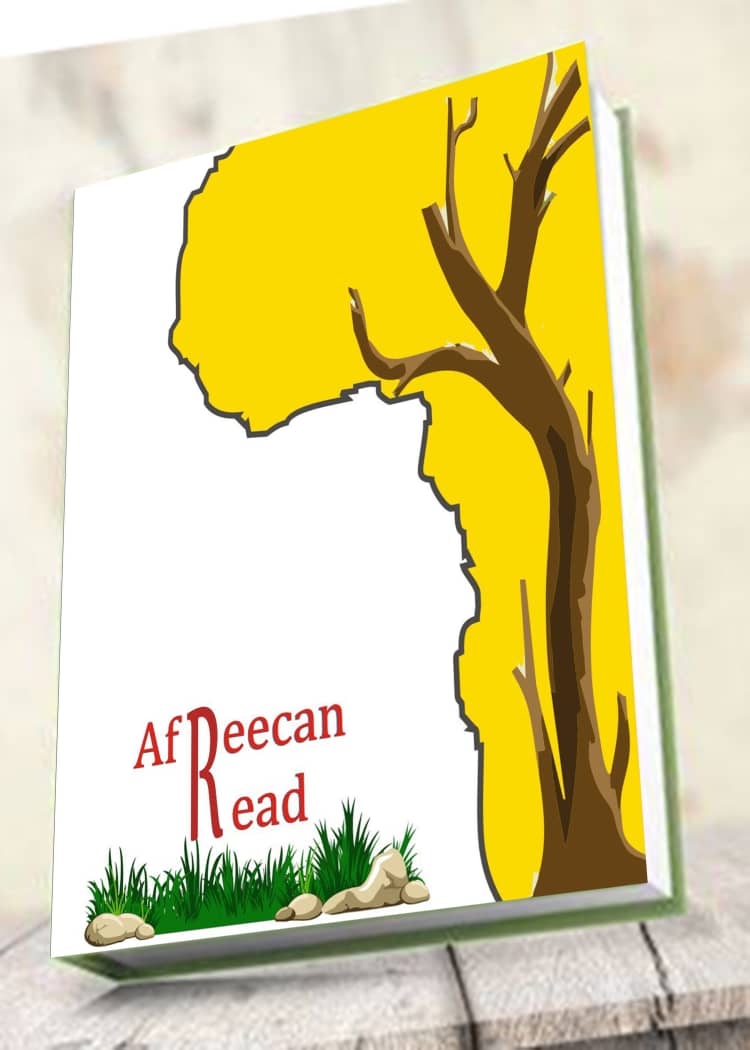You won two national-level awards in Serbia for your short stories and now, the IWR Alumni Award! Congratulations. What does this award make you feel about your writing?
The recognition that I got locally was very nice. However, I first found out about Iceland Writers Retreat almost 10 years ago and thought about how amazing it would be to participate someday. So for the IWR Alumni Award to be the first award ever that I got for my writing in English, I feel like there truly is potential in it and that I should keep going. As a writer who is still unpublished and has switched to mostly writing in English just a couple years ago, this gave me an enormous confidence boost and a push for what’s to come. When I think about the competing writers from around the world and read the short biographies of the fellow recipients, it makes me value my work more than ever before.
This is interesting. I’m curious to know why you switched to writing in English.
Although we have a strong literary heritage in Serbia – for example our Nobel laureate Ivo Andrić – the scope of our scene is small, and the most popular themes don’t appeal to me.
Many works I read are in English, and as I became more confident in my command of the language, I realized that switching to it opens many exciting opportunities – such as IWR.
Let’s discuss your sample story, Perspective. I love it for so many reasons: it is thrilling, strange and yet empathetic, especially when the man’s son gets too close to Danny. It reads like a fantastical story. Is it based on a real life event? And what kinds of lore do Serbians have in their culture?
Thank you, I’m glad that you liked it!
The core idea started with a feeling I had when I was a kid when – and this is a true story, I promise – my pet turtle escaped from my backyard. And then it morphed through my desire to play with the perspective (hence the name) of freedom, connections and how many relationships can have a sinister undertone.
As for Serbian lore, this one doesn’t have to do anything with it, but I do wish to bring some of our customs and urban legends to a broader audience at some point. There are many interesting stories waiting to be discovered in them.
A random fact – the first mentioned vampire ever (in the shape that we know today) was Serbian, and some sources even cite that the widely used word “vampire” and its many forms across the world come from the serbian “vampir”.
It’s wonderful to hear that vampir is the Serbian origin of the vampire we know. Thank you for bringing this to my attention. And it shows how the English Language is, sometimes, insufficient to tell many stories, stories that are peculiar to many cultures. So, how do you see language as a tool for your storytelling? Is the English Language sufficient or do you feel the need to tweak it with your own language to come up with something recognizable to your culture?
For some stories, I still feel the need to tell them in Serbian first, but I think that you can convey most things through any language. On the flip side, many words in English are already used as a part of everyday speech for people here as well, so combining them might provide even more options!
And it’s interesting when you said many relationships have a sinister undertone, which is true. Perhaps it isn’t the intention of the people involved yet their human nature and emotions color their relationships. I want to know the emotions you intend to convey in your writing.
Perhaps that is true. Even though I often tackle feelings that you could perceive as bleak, I don’t want to box myself in with one specific overlook on emotions. I’ve written some feel-good stories, too.
That’s one of my biggest challenges in writing – the desire to cover various genres and types of stories (and feelings that they carry). Thinking about it, maybe introspection is something that most of my stories have in common.
Which faculty member are you interested in meeting this year?
It’s a tough question, as there is such an inspiring line up this year. A few that come to mind first are Katie Kitamura, Hari Kunzru, Fríða Ísberg and Nii Ayikwei Parkes, but I genuinely look forward to meeting and learning from all of them.
If you were to tell someone else about Iceland Writers Retreat, what would you say?
I would say that this is a one-of-a-kind event that seems perfect for any writer, no matter which part of their journey they are at.
Even before actually getting to Iceland, I already feel like a part of an exciting global community and that the organizers are doing a great job of making IWR feel unlike anything I’ve ever experienced.
Thank you so much for speaking to me. Do have a splendid retreat experience in Reykjavik!
Thank you for the inspiring questions! I’m sure I will.
Marko Bogdanović is an aspiring author from Belgrade, Serbia. His writing background is versatile – from various types and genres of fiction, journalism in different media and movie reviews to advertising copywriting and blogs. Marko won two national-level awards in Serbia for his literary fiction short stories. One of them also helped him land the IWR Alumni Award.
This interview was conducted by Okechi Okeke, a 2020 recipient of Iceland Writers Retreat Alumni Award.


Recent Comments